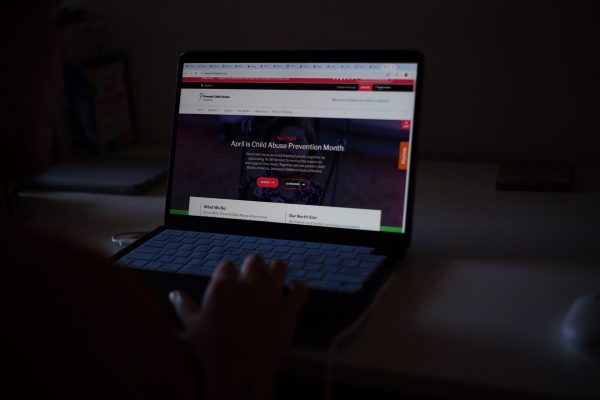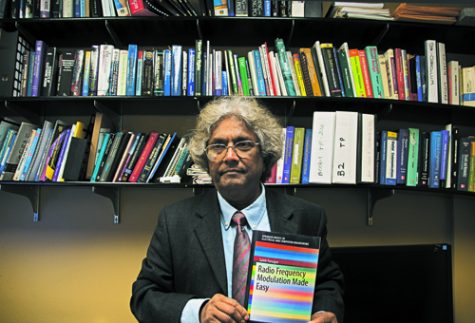Senator introduce textbook legislation
College costs have risen much higher than inflation over the past several decades, and students have had to take into account the rising costs when they make the decision whether to further their education.
With these increasing prices, students are working more hours while they are still in school to keep up with the costs. The rise of textbook costs have contributed to the overall costs of higher education over the past several decades.
The main focus of the costs of college are usually tuition and room and board. However, textbooks are becoming an increasing portion of students’ costs because of their growing price.
According to a press release sent out by US Senators Dick Durbin (D-IL), Al Franken (D-MN) and Angus King (I-ME), the cost of new textbooks has increased 82 percent over the last decade alone.
The average student spends $1,225 on books and supplies last year, according to the College Board. This has resulted in a 1,041 percent increase in price from January 1977 to June 2015, according to an NBC review of Bureau of Labor Statistics data.
To assist students with the cost of textbooks, Durbin, Franken and King have recently introduced a bill titled the Affordable College Textbook Act. The legislation will set aside grants to help facilitate the use of an “open” textbook system in America’s colleges and universities that wish to participate.
This means the books will be available under an open license, so anybody can use the materials online either for free or a nominal cost. This bill is similar to legislation introduced by Durbin in 2013.
According to the release, the University of Illinois Urbana-Champaign has already tried out a prototype of this idea in 2012.
The university published a textbook electronically using federal funds, that is available for anybody to view and use. Many other colleges have used the same textbook and have asked the university about the process involved publishing the textbook online.
If passed, the grant money from the legislation allows other colleges and universities across the U.S. start programs like the one already implemented at the University of Illinois. The online textbooks would be available to students and faculty, as well as the general public.
“Our college students are taking on more debt than ever while also working more and more hours to stay afloat. By expanding access to free online textbooks, our bill would help address this problem and allow students and families to keep more of their hard-earned money,” said Franken, who is a member of the Senate Education Committee.
Textbook costs are increased when textbook companies come out with new additions every three to four year that contain little new information. Textbook companies also bundle multiple products together, which increases total costs.
A previous bill passed in 2008, the Higher Education Opportunity Act, stated that textbook companies were required to offer unbundled options of their books so students could have choices. Despite this change, the price of textbooks continues to rise over the last several years.
The Affordable College Textbook Act would also require the tracking of textbook price trends and how the legislation impacts the price of textbooks. This information would be due to Congress by 2017.
King believes that this act will help provide student with the information needed in a more affordable way.
“Creative programs like these can help position students to succeed academically while saving them money – a win-win for their future,” King said in a statement.
This legislation has been referred to the Senate Committee on Health, Education, Labor and Pensions for further review. Rep. Ruben Hinojosa, D-Texas, has introduced identical legislation in the House of Representatives.
Journey Gontjes is a staff writer for The Dakota Student. She can be reached at [email protected]













